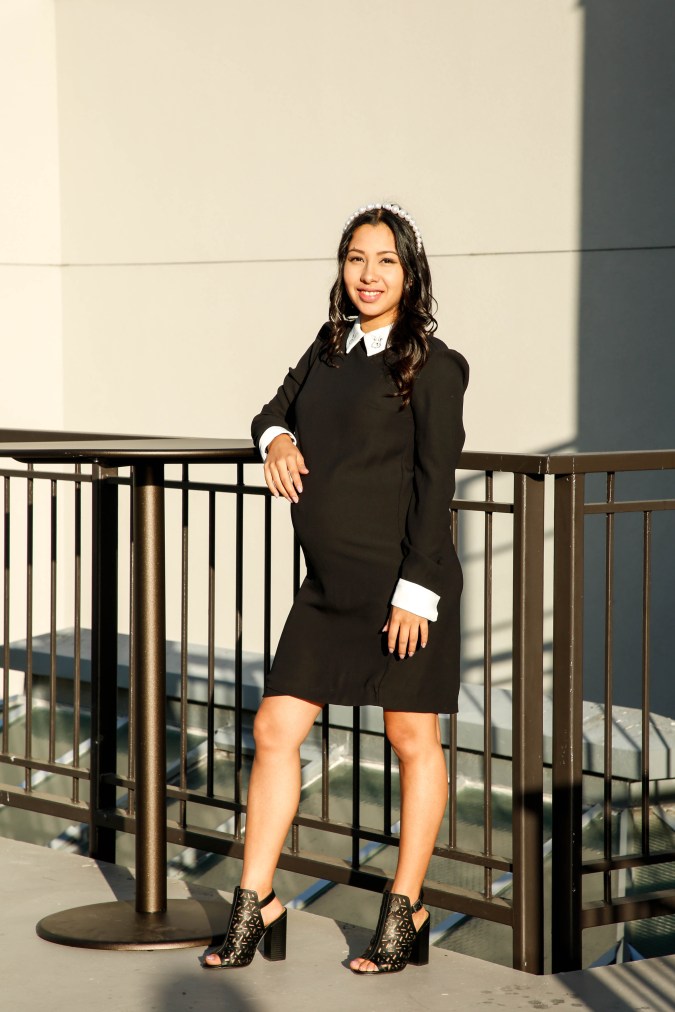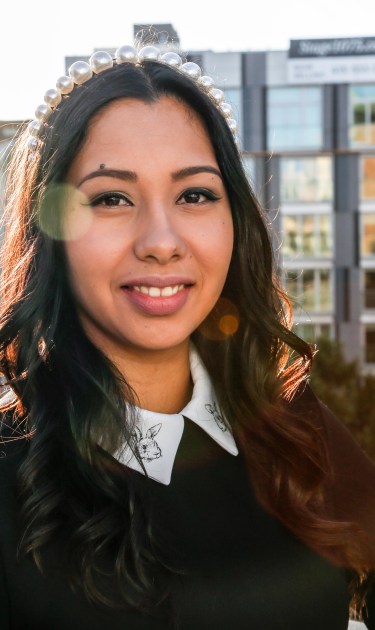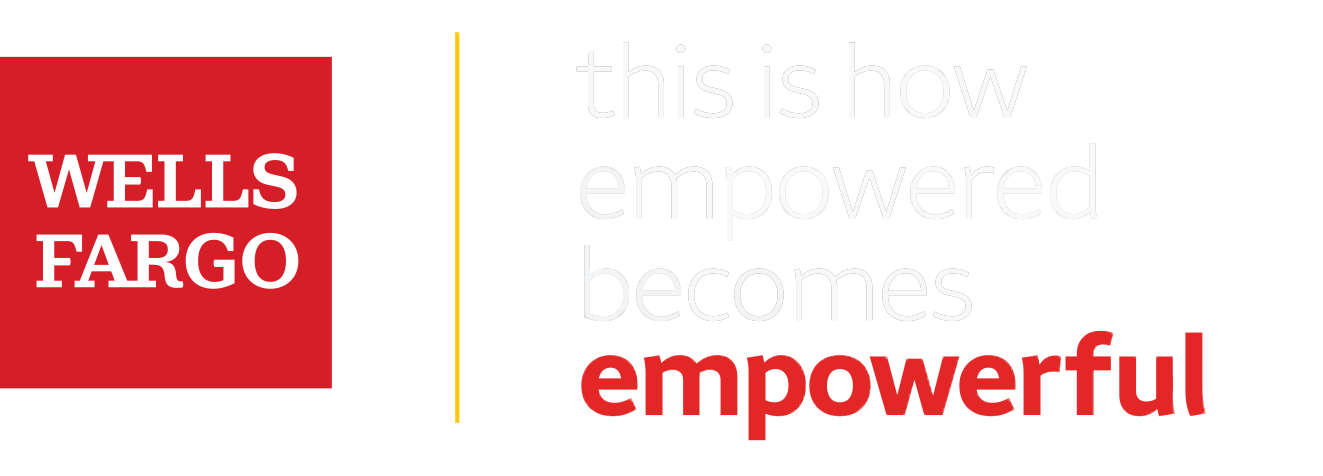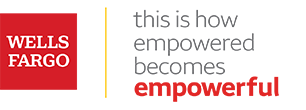For undocumented students, college comes with a higher barrier to entry. Oftentimes, these students are not eligible for in-state tuition, state-based financial aid or scholarships. This is a lesson Sarahi Espinoza Salamanca, 29, learned as a high school senior. Back then, Deferred Action for Childhood Arrivals (DACA) didn’t exist, and she learned that she couldn’t apply for Free Application for Federal Student Aid (FAFSA) or any other scholarships because she didn’t have a social security number.
When she sought help from her counselor, she was met with derision. “I built up the courage to tell my counselor my situation in hopes she could help me find other avenues to fund my college education, and she said to me, ‘People like you don’t go to college,'” she tells Remezcla. “This broke me into a million pieces. This was the moment where I lost all hopes of being the first in my family to go to college. I am the youngest of 11, and I wanted to make my family proud, especially my parents.”
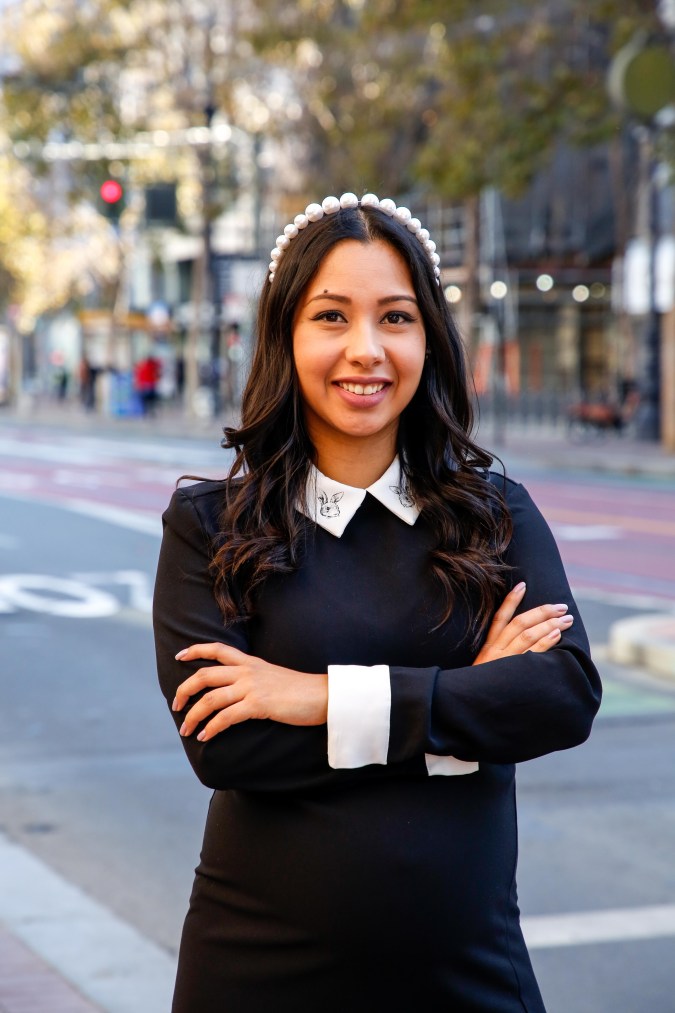
While Espinoza didn’t get the help she needed when she was in high school, she now guides others through the complicated labyrinthine scholarship process. In 2012, she started a blog to help undocumented and low-income students find scholarship opportunities, and it eventually led her to starting Dreamers Roadmap – an app that helps this underserved community find the scholarships they need.
Now with 30,000+ followers, Dreamers Roadmap has become an incredibly important tool for the undocumented community. We recently spoke with Espinoza and caught up with her at the LTX Fest to learn more about what inspired her to start this much-needed app and what she has learned throughout the process.
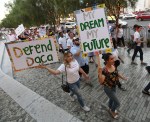
How would you describe your app to someone who has never heard of it?
Dreamers Roadmap is a free national mobile app that helps undocumented young people find scholarships to go to college. There, students will find scholarships based on the state that they live in, if they have DACA or not and their educational level. With those three things, the app will filter the scholarships on our database they specifically qualify for. The app was built for Dreamers and anyone who knows or works with them.
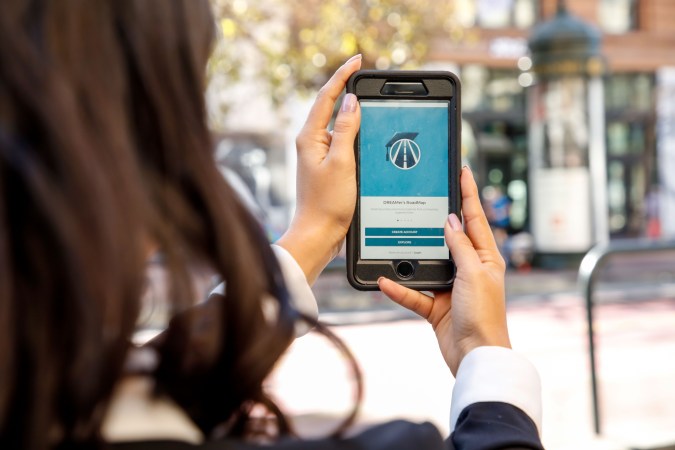
When did you realize that undocumented students faced an additional hurdle when it came to scholarships?
When I was in high school, I discovered I was not only an immigrant in this country but I was an undocumented immigrant. Soon, I was going to find out that my status would prevent me from applying to FAFSA [or] any of the scholarships my friends were applying for because I didn’t have a social.
Despite graduating high school with honors, I was not able to secure a spot into a four-year college like most of my friends. I was devastated and entered into a very depressive state. I didn’t understand why this was happening to me. I had done more than what was asked of my when it came to my academics and behavior; but yet, this wasn’t enough. I hated this feeling and being in this situation, but, little did I know, this would be the fuel that would ignite the passion and drive to build a company and change the lives of thousands of students that came after me.
Did you have a tech background at all? How did you feel comfortable taking the plunge and trying your hand at this?
That’s the interesting part to this whole story: I have no tech background. I remember using that I had a blog and managing that site as my tech experience when applying to a hackathon for Dreamers in 2013. But despite the lack of my “tech experience,” I had life experience on the topic and exceptional organizational and leadership skills, and that’s what gave me the confidence to apply.
To my surprise, the team I was a part of at the hackathon made me the team lead, so I oversaw the whole project. And when it came to the pitch, I [represented] my team. Being part of the FWD.us Dreamer Hackathon made me realize I could start my own project and run a whole team. So I left this hackathon with that crazy idea [that] I would love to be the founder and CEO of my own app/company one day. The following year (fall of 2014), that opportunity came through the Voto Latino Innovators Challenge. They were doing a call for anyone in the country that wanted to solve a problem in their community using tech. They were giving $35K, $75K and $100K. I remember looking this over and deciding to apply to the $100K grant because I thought to myself, “Well if I win even half, that’s a huge win for my project.”
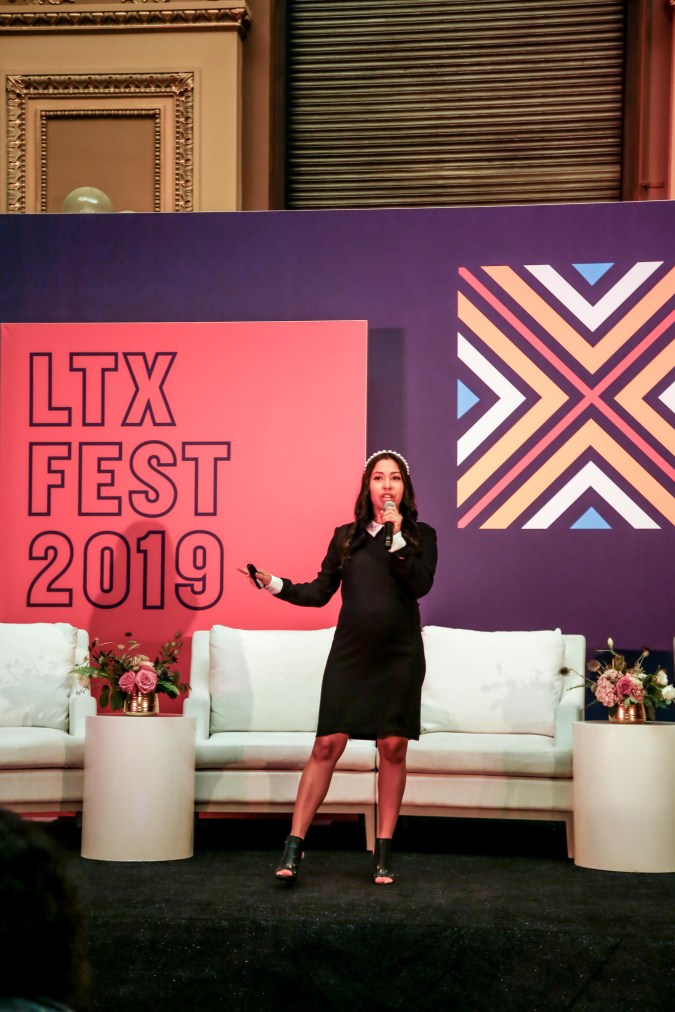
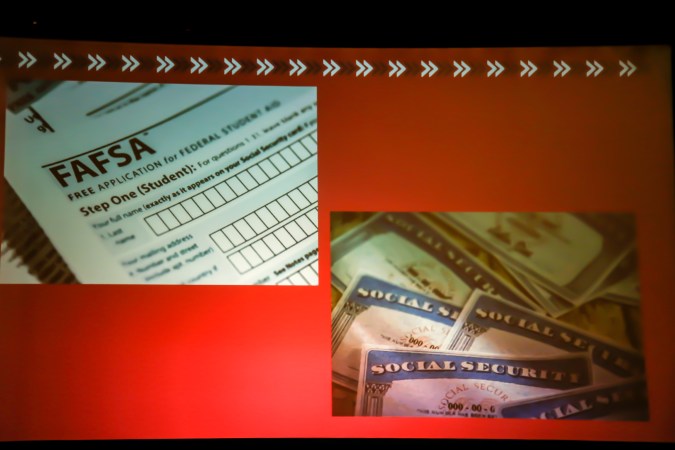
I had already been working on my blog for two years. When this competition came out, I decided [not only] to apply but to amplify my work and go national. I made it to the top six in the country and flew out to DC as the only community college student, female sole founder. It was scary to see who I was competing against. …
As I was walking down the hall into the room where I would give my pitch in front of none other than Rosario Dawson, America Ferrera, Wilmer Valderrama and three other judges, I did my prayer and went in that room with my head held high, representing the 1.1 million undocumented young people who dreamed of a higher education and for so many years there had been no clear [path] for us.
The judges went up and gave a welcome and thank you [and] then they started naming the winners one by one … There were already three teams on stage, and I thought, “Oh man, we didn’t make it.” But I was still very proud that we had made it so far and had learned so much along the process. Then Wilmer takes the mic and [said], “This next one is my personal favorite…” Then [he said], “Sarahi Espinoza Salamanca from Dreamers Roadmap” and [gave] a small description of what my project was. Rosario’s mom, Isabel Celeste, had to shake me back into my senses because I froze. Then, [she] hugged me and pointed me toward the stage.
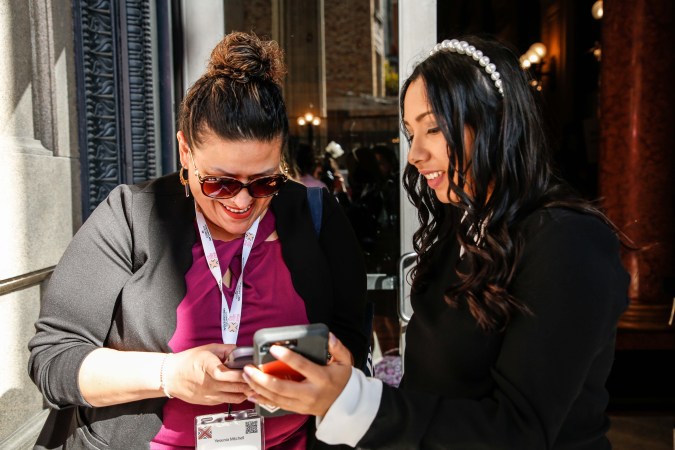
What are the biggest lessons you’ve learned on this journey?
No matter how hard life can get as an entrepreneur, I can reach out to my community for support when I feel stuck and they will have my back. To not be so hard on myself when I don’t understand something and that it’s OK to not know 100% what I’m doing. At the end of the day, we are all learning as we go.
Is there anything else you want to add?
If you have a dream of becoming your own boss, do it! It’s amazing. It’s extremely hard but definitely worth it and if it has social impact, even better. Let us use our life experiences to generate business ideas because if there has been a time when you think to yourself, “I wish this or that could exist” or “Life would be so much easier or better if I had X,Y, Z,” chances are there are thousands of others thinking the same thing but no one had taken that leap of faith to create that thing or build that solution. Take that leap of faith. If it fails, at least you tried. But [if] it succeeds, heck, you’ve just become one more successful entrepreneur our community can look up to and learn from.
